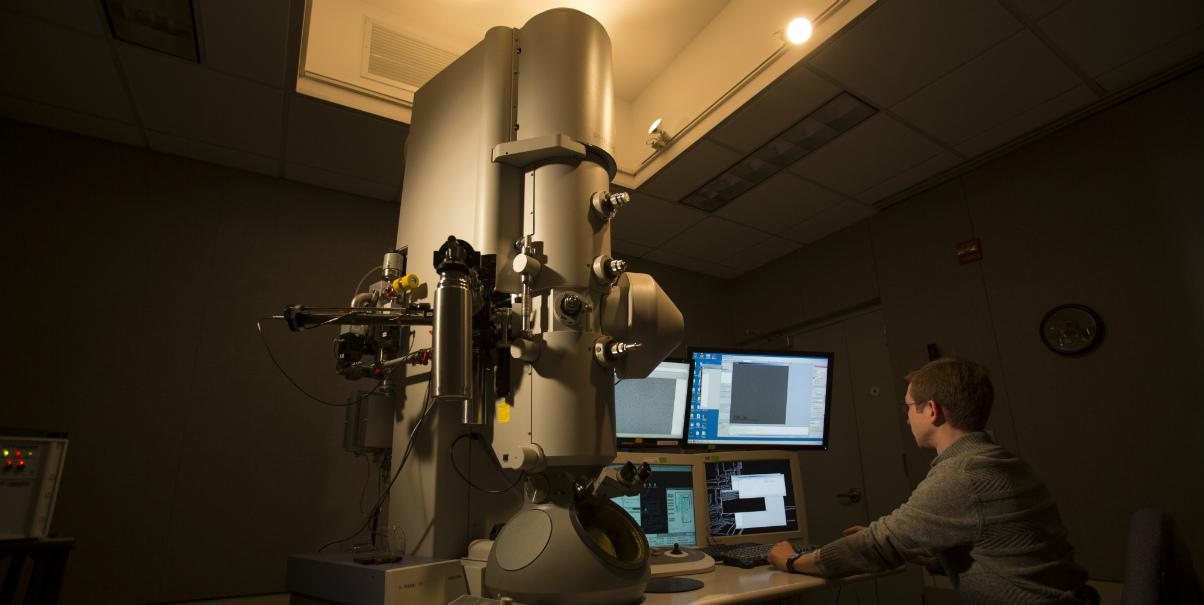Structural Biology

Structural biology is a fundamental component of Columbia’s Precision Medicine Initiative. Structures provide key insights into protein function and into the mechanisms by which mutations cause disease. A better understanding of molecular structure and function also suggest strategies for drug development, with deliberate design in medicinal chemistry. Historically Columbia has had a strong presence in structural biology, with an internationally recognized faculty. Between the Morningside campus and Columbia University Medical Center there are world-class research programs in X-ray crystallography, nuclear magnetic resonance spectroscopy, and electron microscopy.
Genetic studies have identified large numbers of mutations that are either causal or associated with human diseases with no known cures. Increasingly, individual patients will demand an explanation of the cause of their disease and expect personalized therapy. Only by linking the mutation to the structure of the encoded protein will a full understanding of the pathogenesis and targeted therapies be possible. Designs of most therapies that involve small molecule inhibitors or activators require a detailed knowledge of protein structure at the atomic level of resolution.
The Department of Physiology & Cellular Biophysics has expertise in studying the function of all of the major organ systems that are involved in human diseases with particular strengths in cardiovascular (heart failure and cardiac arrhythmias), pulmonary (COPD and asthma), bone (osteoporosis), and skeletal muscle (muscular dystrophies and age-related loss of muscle function).
Columbia is a leader in the field of using of structural biology combined with biophysics to study the structure-function relationships of membrane proteins, in particular ion channels. Membrane proteins are involved in virtually all critical cellular signaling pathways and comprise the most prevalent drug targets for human disorders.
Columbia University is partnering with the New York Structural Biology Center for current and future research in the field of Structural Biology.
To learn more, visit the Department of Physiology & Cellular Biophysics.
